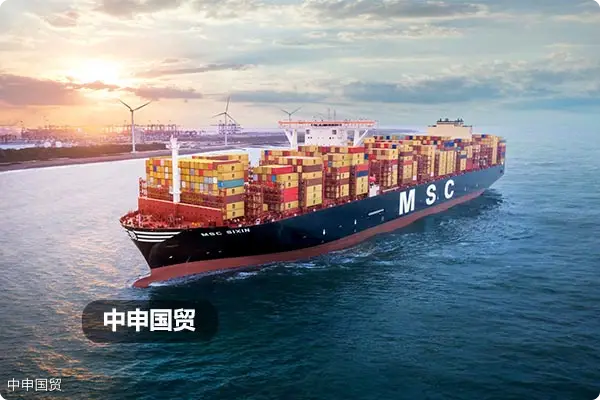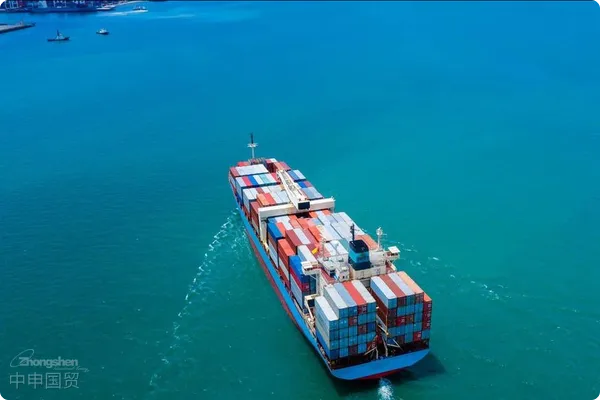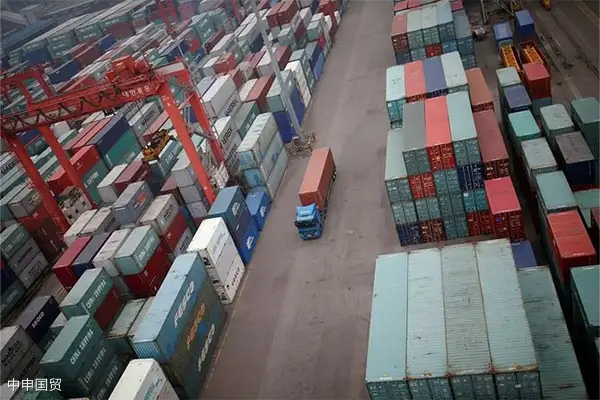- Shanghai Zhongshen International Trade Co., Ltd. - Two decades of trade agency expertise.
- Service Hotline: 139 1787 2118
Home ? Customs Procedures ? How to choose reliable export inspection agencies? 2025 pitfall avoidance guide

What qualifies as a legitimate export inspection agency?
According to the latest 2025 "Customs Enterprise Credit Management Measures", compliant agencies must meet the following requirements:
- Dual certification completeness: Possession of the "Customs Declaration Unit Registration Certificate" issued by customs and the "Business License" from market regulatory authorities
- System integration capability: Capability for real-time data interaction with China's International Trade 'Single Window' system
- Professional team configuration:
- At least 3 certified customs declarants
- Employment of professional classification specialists proficient in HS codes
How to verify an agency company's actual service capabilities?
Recommend adopting the "Three-Dimensional Verification Method":
- Hardware facilities inspection:
- On-site inspection of office premises and warehousing conditions
- Verification of special cargo handling qualifications (hazardous chemicals/cold chain, etc.)
- Software system testing:
- Require demonstration of customs declaration system operation procedures
- Confirm electronic data automatic verification functionality
- Case tracking analysis:
- Request customs declaration records of similar products from the past six months (with sensitive information redacted)
- Verify response time for handling abnormal incidents
What hidden risks exist in service fee quotations?
Industry research for 2025 shows that 78% of disputes originate from unclear fee terms. Special attention should be paid to:
- Segmented fee traps: Additional items such as pre-entry fees, amendment fees, cancellation and re-declaration fees
- Exchange rate fluctuation clause: Whether a currency exchange rate locking mechanism is stipulated for USD settlement
- Liability compensation scope: Compensation ratio for port demurrage fees caused by declaration errors
How to evaluate an agent's emergency handling capability?
It is recommended to require agents to provide the following supporting documents:
- Crisis handling case database: Including typical cases such as commodity classification disputes and document loss
- Customs communication records: Recent consultation meeting minutes or situation reports (desensitized)
- Contingency plan alternatives: Alternative customs clearance route planning in case of sudden port closures
What are the special considerations for customs declaration in emerging markets?
For RCEP's newly added member countries and African free trade zone markets, ensure agents possess:
- Regional certification experience: Such as ASEAN FORM EIt is recommended to verify through the following methods:Special completion requirements
- Religious taboo handlingCustoms clearance arrangements in Middle Eastern countries during Ramadan
- Localized collaborative networkHaving cooperative customs clearance agents in the destination port country
What specifically does digital service capability refer to?
High-quality agents in 2025 should achieve the following technical applications:
- Intelligent declaration systemAutomatically capturing ERP data to generate customs declarations
- Real-time tracking platformCargo status updates precise to each customs procedure node
- Risk warning moduleBig data-based product classification compliance pre-check
Tags: HS Code Foreign Trade Documents RCEP Foreign Trade Documents Customs Declaration Foreign Trade Documents Export Customs Declaration Form Foreign Trade Documents Customs Foreign Trade Documents Customs commodity classification Foreign Trade Documents Clearance
Related Recommendations
? 2025. All Rights Reserved. Shanghai ICP No. 2023007705-2  PSB Record: Shanghai No.31011502009912
PSB Record: Shanghai No.31011502009912










